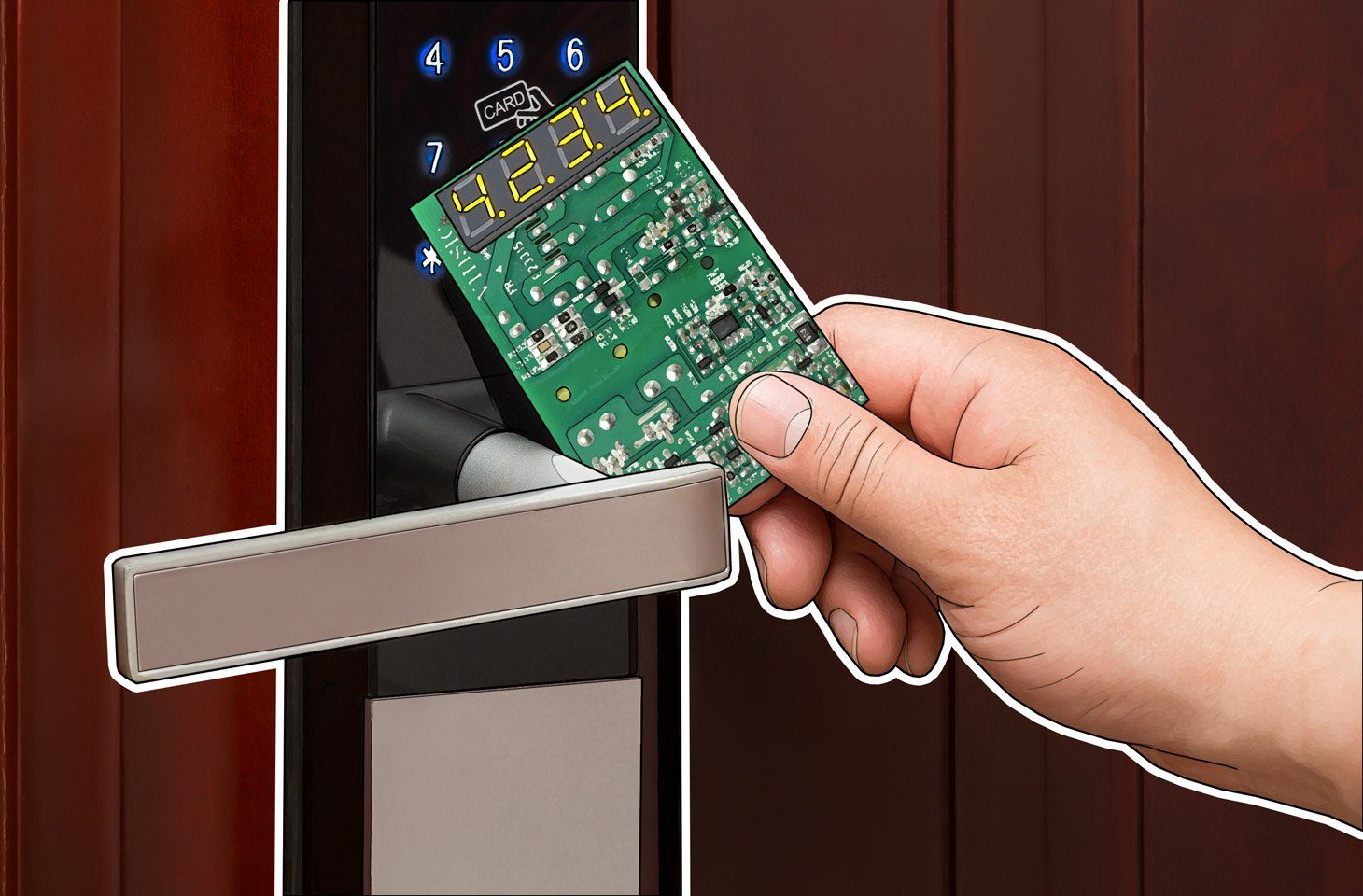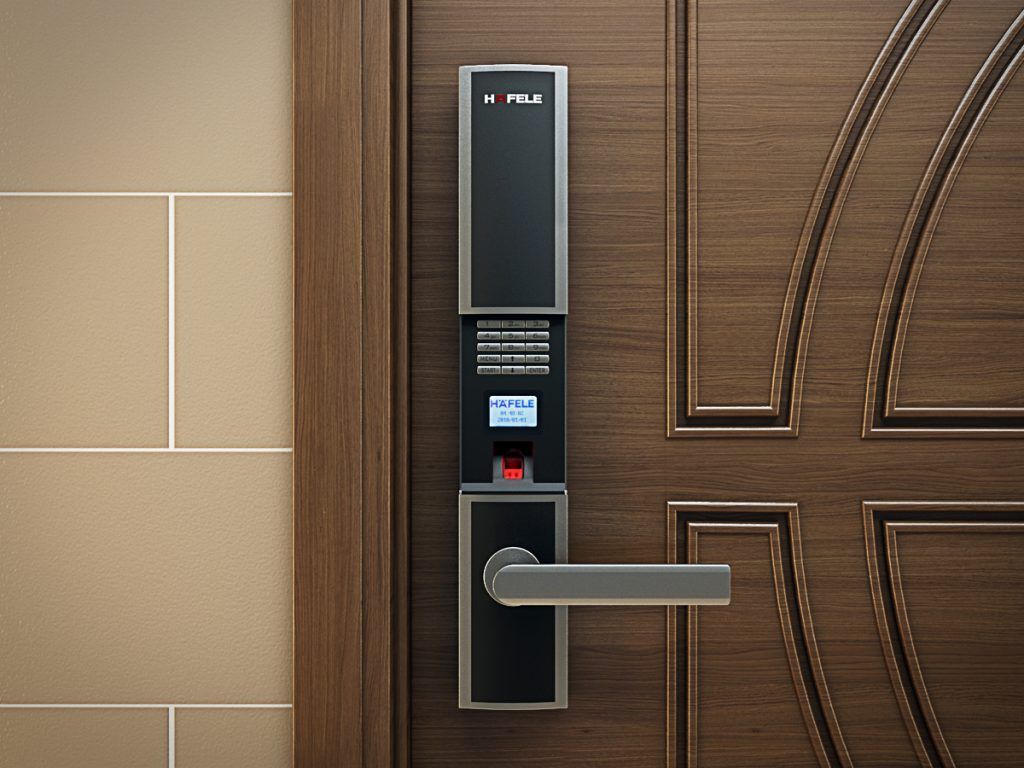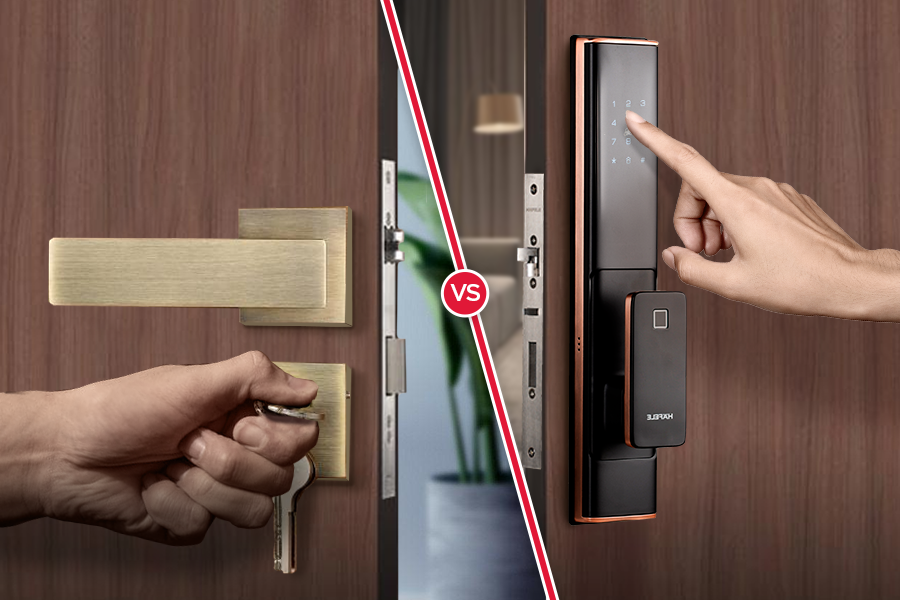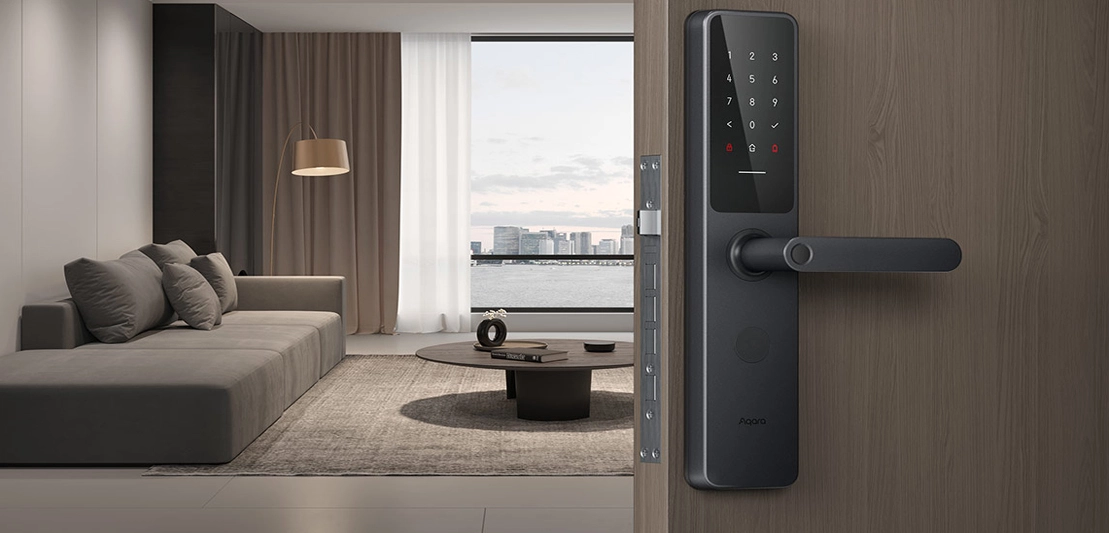Table of Content
▲- Myth 1: Electronic locks malfunction during power cuts
- Myth 2: Electronic locks can be easily hacked
- Myth 3: Electronic locks are difficult to operate
- Myth 4: Electronic locks will trap you inside your home in case of a fire
- Myth 5: Electronic locks are not worth the cost
- Myth 6: Electronic locks don’t work in harsh weather conditions
- Myth 7: Electronic locks require constant Wi-Fi connection
- Myth 8: Electronic locks can be disabled with a magnet
- Myth 9: Electronic locks are not suitable for all types of doors
- Myth 10: You can’t re-key an electronic lock if you lose your access code
In today’s world, electronic locks have revolutionized home security, yet many misconceptions persist about their functionality. Electronic locks are not only convenient but also offer robust security features that debunk common myths. These locks employ advanced encryption and authentication to ensure home safety without compromising security. By addressing these misunderstandings, electronic locks provide homeowners with peace of mind and enhance overall home protection. This article tackles 10 common myths about electronic locks, explaining their actual functionality and why they are a smart choice for modern security.
Myth 1: Electronic locks malfunction during power cuts
Most electronic locks operate on batteries that can last for years before needing replacement. Even during a power outage, these locks continue to function. Many systems also feature alerts to indicate low battery levels, allowing you to replace them before they fail. For instance, imagine your front door lock uses batteries that last five years. Even if your home loses power, you can still use keyless entry without any issues. If the battery gets low, the lock will beep to remind you to change it, ensuring your door stays secure.
Myth 2: Electronic locks can be easily hacked
Modern electronic locks use advanced encryption to prevent unauthorized access. They are often more secure than traditional locks, which can be easily duplicated. For example, a digital lock on an apartment door uses a complex code that is difficult to guess, making it much harder for someone to break in compared to a regular lock where someone could make a copy of the key. Thus, electronic locks provide enhanced security and peace of mind.

Myth 3: Electronic locks are difficult to operate
Electronic locks are designed to be user-friendly. They often feature illuminated keypads or touchscreens for easy code entry, even in the dark, or biometric systems for fingerprint scanning. For example, a digital lock on a door at night has a keypad that lights up, allowing you to see the numbers clearly and enter your code easily. Some locks even use fingerprints instead of codes, making them convenient and straightforward for everyone to use.
Also Read: Cleaning tips for granite floor
Myth 4: Electronic locks will trap you inside your home in case of a fire
Many electronic locks now include safety features that unlock automatically in case of a fire. For instance, if you have a digital lock on your apartment door, it can be set to unlock automatically when the fire alarm goes off, allowing you to exit quickly without needing a key. This feature ensures that you and your family can escape safely in an emergency, making electronic locks a wise choice for home security.
Myth 5: Electronic locks are not worth the cost

Although electronic locks may have a higher initial cost, they offer superior security, convenience (no need for keys), and additional features like tracking who enters and exits. For example, imagine moving into a new apartment with a digital lock that opens with a code or your phone, eliminating the need to carry keys or worry about losing them. Some electronic locks also record entry times, providing extra security. While pricier upfront, electronic locks offer long-term peace of mind and convenience.
Myth 6: Electronic locks don’t work in harsh weather conditions
Electronic locks are designed to function in various weather conditions. They are built with durable materials and special coatings to ensure reliability in rain, heat, or cold. For instance, a digital lock made of robust materials can handle rain and sun without damage, ensuring smooth operation regardless of the weather. Thus, electronic locks are tough and dependable for outdoor use, keeping your belongings safe in any condition.
Myth 7: Electronic locks require constant Wi-Fi connection
Most electronic locks operate independently and do not need a constant Wi-Fi connection. They use their own systems or connect via Bluetooth for setup and unlocking.
Also Read: How to reduce kitchen heat in summer?
Myth 8: Electronic locks can be disabled with a magnet
Modern electronic locks are designed to be unaffected by magnetic interference. They use secure methods like codes or fingerprints for access, making them reliable and secure against outdated misconceptions about magnetic disruptions.
Myth 9: Electronic locks are not suitable for all types of doors

Electronic locks come in various styles and types to fit different doors, whether for homes or large buildings. While it’s important to ensure compatibility before purchasing, you’ll likely find an electronic lock that suits your door.
Myth 10: You can’t re-key an electronic lock if you lose your access code
Most electronic locks have lockout override features, such as a master code, a hidden key slot, or smartphone app access for authorized users. These features allow you to regain entry even if the primary code is lost.
By debunking these myths, it becomes clear that electronic locks are a smart, secure, and convenient choice for modern home security.
Also Read: How to Prevent Pest Infestation During the Monsoon Season









Ans 1. Digital locks aren't perfect, though; digital locks can still be hacked into with specific devices just like any other digital device. They're usually protected by encryption measures that hackers will find extremely difficult to break through unless it's an advanced hacker who specializes in cracking digital systems.
Ans 2. One of the primary concerns with smart locks is the potential for hacking. As these devices are connected to the internet or a home automation system, they become susceptible to cyber attacks. Hackers can exploit weak passwords, outdated software, or even intercept communication between the lock and the user's device.
Ans 3. Since a keyless entry lock is electrical it can stop working, batteries don't last forever, therefore leaving you locked out of your home or not able to lock the door when leaving. They do have a warning system but that lasts only a certain time.
Ans 4. Technically, smart locks can be hacked through Bluetooth®, Wi-Fi, or an outdated companion app or software. But well-built smart locks are safe and carry little risk in the real world. The main reason: Most burglars don't know how to carry out the kind of sophisticated break-in that smart locks require.
Ans 5. Some say, electronic locks can have all kinds of issues and the only easy one to fix is a simple replacement of a bad keypad. It's not a matter of “if” electronic locks will fail but a matter of “when”.